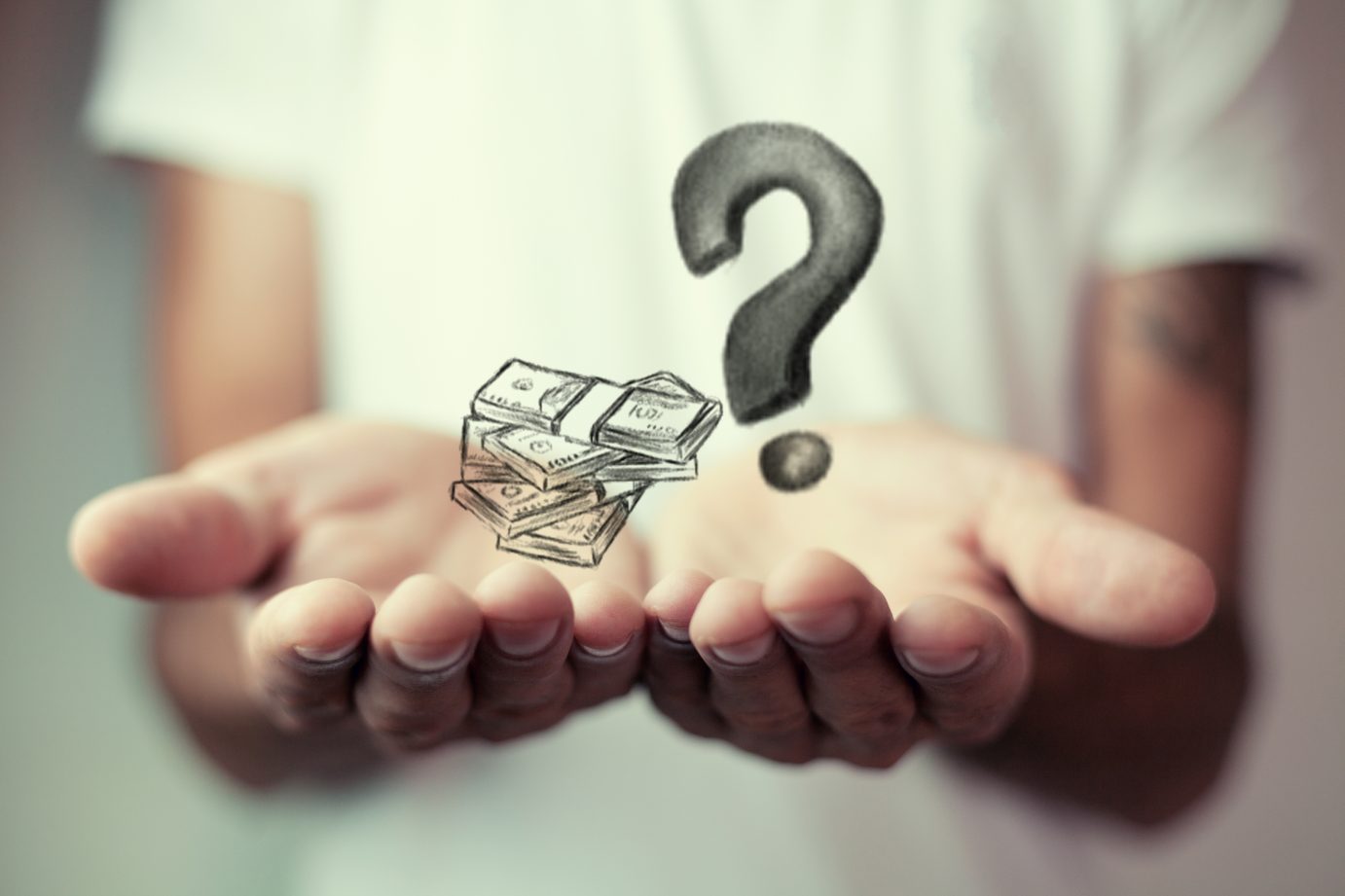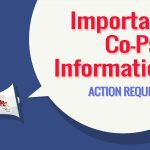This week 80 million Americans are receiving economic impact payments, commonly referred to as “stimulus checks.” We have received many questions from the IRC Community about these payments. Here are 7 common questions, and answers, about the stimulus.
What is the stimulus check?
A stimulus check is a one-time cash payment of up to $1,200, for those who qualify. Stimulus checks are part of the CARES Act, a law that provides financial support to businesses and individuals, in response to COVID-19 and the effect it is having on the U.S. economy.
Does everyone get one?
Most Americans will receive a stimulus payment. In order to receive one, you must have a Social Security Number, not be claimed by someone else as a dependent, and meet the following criteria:
- Have filed your 2019 or 2018 taxes, or receive Social Security benefits but don’t have enough income to file
- In your most recent tax return had an Adjusted Gross Income of less than:
- $99,000 for single filers
- $136,500 for a head of household
- $198,000 for married couples filing together
How much is it?
Stimulus payments are based on the Adjusted Gross Income (AGI) of your latest tax return, either 2019 or 2018.
- Single filers with AGI of less than $75,000 will receive $1,200.
- Single Parents/Heads of Households AGI below $112,500 will also receive $1,200.
- Married couples, who file jointly, with AGI below $150,000 will receive a total of $2,400.
- There is an additional $500 payment for parents who have AGI within the qualifying ranges shown above, for each child under 17.
Individuals with AGI that exceeds these ranges will either not receive a payment or will have their payment reduced.
Do I have to pay this money back?
The Internal Revenue Service (IRS) and U.S. Department of the Treasury have confirmed that individuals and households will not have to pay back this money. Treasury spokeswoman Patricia McLaughlin stated, “This is not an advance, and there is absolutely no obligation to pay it back.”
How will it be delivered?
You do not need to sign-up for a payment. For most Americans the process is automatic.
For taxpayers who use direct deposit, the stimulus payment will be deposited into their account.
If the IRS does not have your bank information on file, they will mail you a paper check. You can use irs.gov/get-my-payment to provide your direct deposit details to receive a deposit instead of a check. Deposits will arrive much sooner than checks.
If you don’t file taxes but are receiving Social Security benefits, the IRS and Department of Treasure will use that information for your payment.
When will I receive mine?
Direct deposit stimulus payments will arrive in mid-April.
Paper checks will be sent in early May. It could take up to 20 weeks to issue all the checks, which is why the IRS is suggesting using direct deposit instead.
You can track the status of your payment and add your direct deposit info at irs.gov/get-my-payment.
Are there any special considerations for people who receive Social Security benefits?
The IRS and the Treasury Department worked with the Social Security Administration to ensure that recipients of Supplemental Security Income (SSI) will automatically receive their stimulus. Recipients will typically receive their payment in the same form they get their SSI: direct deposit, Direct Express debit card, or paper check.
SSI recipients will see the $1,200 economic impact payment no later than early May.
Earlier in April, the IRS made a similar move to help people who get Social Security retirement or disability benefits receive their $1,200 payment automatically. People in these categories will receive their payment later this month.
For additional information visit the IRS Economic Impact Payment page.
References:
Business Insider – Everything we Know About Coronavirus Stimulus Checks
Internal Revenue Service – Coronavirus Tax Relief and Economic Impact Payments
Internal Revenue Service – Economic Impact Payments
Internal Revenue Service – SSI Recipients will Receive Automatic Economic Impact Payments
Fortune – No, You Don’t have to Pay Back Your Stimulus Check Money
Share this Post




